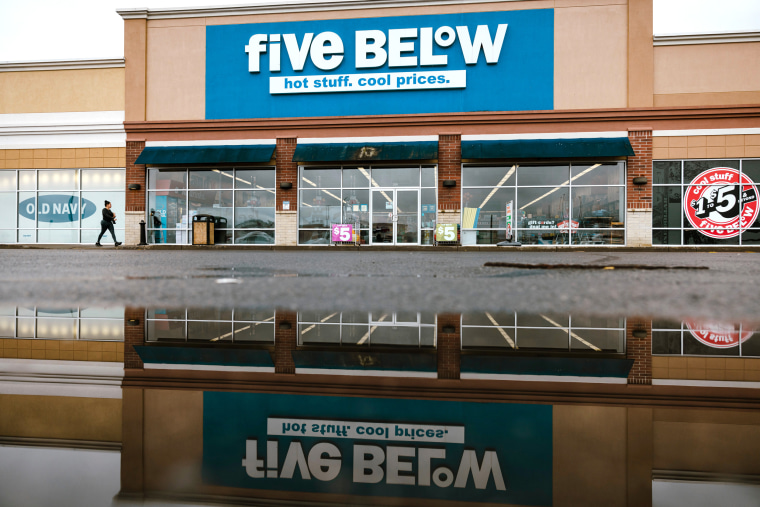As the world evolves through technological advancements, different sectors continue to leverage these advancements to provide innovative solutions — intending to create a more seamless and efficient customer experience. A notable example in the retail industry is the introduction of self-checkout systems, which were hailed as the future of shopping. However, in recent times, there is a conspicuous backtrack from this trend by major retailers due to several emerging factors.
To kick-start, the core purpose of spearheading the move to self-checkout systems was to boost efficiency, reducing queues in stores while also scaling down on the staffing requirements. However, the reality appears to have veered off the anticipated course, thereby instigating the significant shift back to human-operated checkout systems.
One of the significant concerns with self-checkout systems is the apparent increase in retail shrinkage, a term used to describe the loss of inventory due to factors like theft, vendor fraud, and administrative errors. Theft has been particularly disruptive, as it appears that these machines have unintentionally eased shoplifting, causing retailers to lose billions of dollars. Studies reveal that customers are likelier to steal merchandise when using self-scanners – an alarming phenomenon suggesting that these systems may inadvertently encourage dishonest behavior.
Thus, despite the initial cost savings stuck on the reduction of workforce, the rising cases of losses due to theft seemingly absorb these savings. Self-checkout services might save on staff costs, yet they necessitate the deployment of security personnel or advanced surveillance systems to curb shoplifting, defeating the original objective of implanting this automation technology.
Moreover, customer dissatisfaction is another substantial factor influencing this rewind. Evidently, not all customers are technologically skilled to navigate their way around these systems without the need for assistance. Consequently, customers often experience frustration leading to longer than usual waiting times. Coupled with technical glitches and machine inefficiencies, these issues may lead to consumer disloyalty, hampering the overall business performance.
On top of this, self-checkout may not vibe well with every customer’s need. Some customers, especially those with large shopping lists, prefer human-operated checkouts, arguing that it’s faster and more convenient. Moreover, elderly customers tend to prefer human interaction to machines.
Likewise, self-checkout systems fail in providing the personalized customer service a human can deliver. Direct human interaction offers opportunities for in-person upselling and building meaningful relationships with customers—features which machines cannot replicate. This leads to a lapse in providing a richer shopping experience, turning customers away from using self-checkout lanes.
However, it’s important to affirm the fact that self-checkout isn’t necessarily disappearing — it’s simply not the one-size-fits-all solution that many initially thought it was. Retailers are starting to recognize that different shoppers have different needs.
In summary, while self-checkout kiosks were highly touted as traffic and queue-busters at the store, the accompanying challenges have made several retailers reconsider their stance. The increasing retail shrinkage linked to theft, customers’ dissatisfaction due to technology interaction difficulties, the absence of personalized customer service, among others, are proving to be formidable barriers to its adoption. As a result, more retailers are choosing to revert to the traditional human-operated registers — a sure sign that brand leaders are continually looking to strike a balance between technology convenience and optimal customer experience. While there’s still a place for self-service in the retail world, it should not be at the expense of customer satisfaction.




